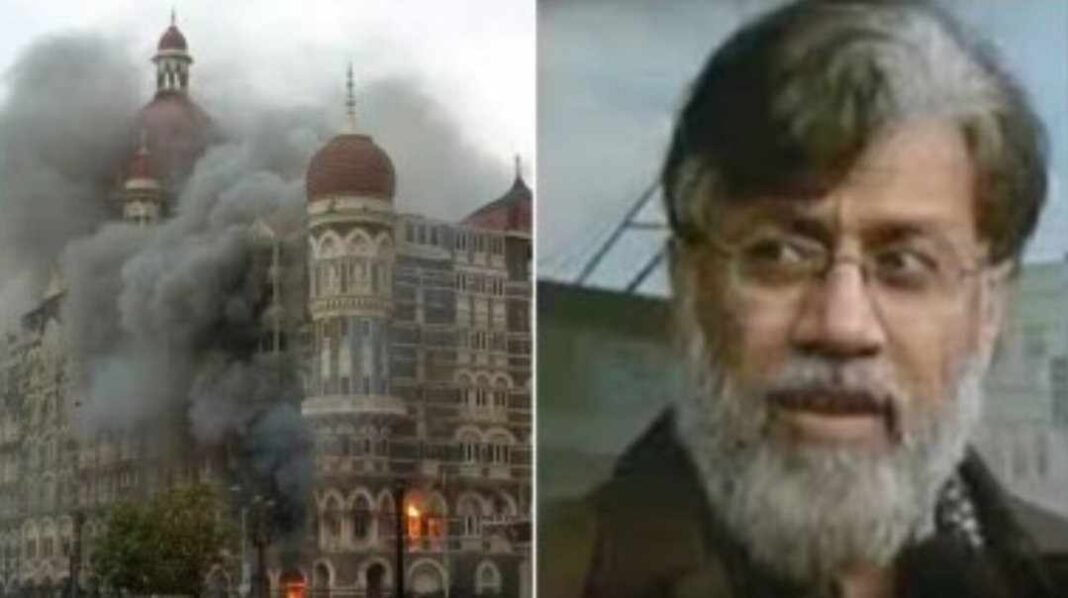The US Supreme Court has officially approved the extradition of Tahawwur Rana, a convict linked to the 2008 Mumbai terrorist attacks, to India. This decision comes after Rana’s review petition was dismissed, marking the end of his legal avenues to avoid extradition. Rana, a Canadian citizen of Pakistani descent, is wanted in connection with the attacks that resulted in the deaths of 166 individuals, including six Americans.
Rana’s extradition has been a contentious legal battle, with the U.S. Court of Appeals for the Ninth Circuit in San Francisco previously ruling against him. His last attempt to contest the extradition was through a “petition for a writ of certiorari,” which he filed with the Supreme Court on November 13. However, the Supreme Court denied this petition on January 21, just a day after Donald Trump took office as President of the United States.
In its ruling, the Supreme Court stated simply, “Petition DENIED.” Rana, now 64 years old, is currently being held at the Metropolitan Detention Center in Los Angeles.
The U.S. government had previously argued against Rana’s petition, with U.S. Solicitor General Elizabeth B. Prelogar asserting that he was not entitled to relief from extradition. In a filing made to the Supreme Court on December 16, Prelogar emphasized that the charges brought against Rana in India were distinct from those he faced in the U.S. courts.
Rana contended that he had already been tried and acquitted in a federal court in Chicago on charges related to the Mumbai attacks. He argued that India’s request for extradition was based on the same conduct that had already been adjudicated in the U.S. However, Prelogar countered this claim, stating that not all of the conduct for which India seeks Rana’s extradition was covered by the previous U.S. prosecution.
She highlighted that some of the charges, such as those related to forgery, stemmed from actions not included in the U.S. case, specifically referencing Rana’s use of false information in an application to open a branch office of the Immigration Law Center with the Reserve Bank of India.
Rana has been linked to David Coleman Headley, a key figure in the planning of the 26/11 attacks. The attacks, which unfolded over more than 60 hours, saw ten Pakistani terrorists targeting several high-profile locations in Mumbai, leading to widespread devastation and loss of life.
The Supreme Court’s decision to allow Rana’s extradition is a significant development in the ongoing efforts by Indian authorities to bring those responsible for the Mumbai attacks to justice. The Indian government has long sought Rana’s extradition, viewing him as a crucial figure in the conspiracy that led to one of the deadliest terrorist attacks in the country’s history.
As the legal proceedings come to a close, Rana’s extradition is expected to pave the way for a trial in India, where he will face charges related to his alleged involvement in the planning and execution of the attacks. The case has drawn international attention, highlighting the complexities of extradition laws and the challenges of prosecuting individuals involved in cross-border terrorism.
With the Supreme Court’s ruling, Rana’s fate now lies in the hands of Indian authorities, who are prepared to pursue justice for the victims of the Mumbai attacks. The extradition is seen as a critical step in holding those who orchestrated the violence that shocked the world and left a lasting impact on India and its fight against terrorism.








